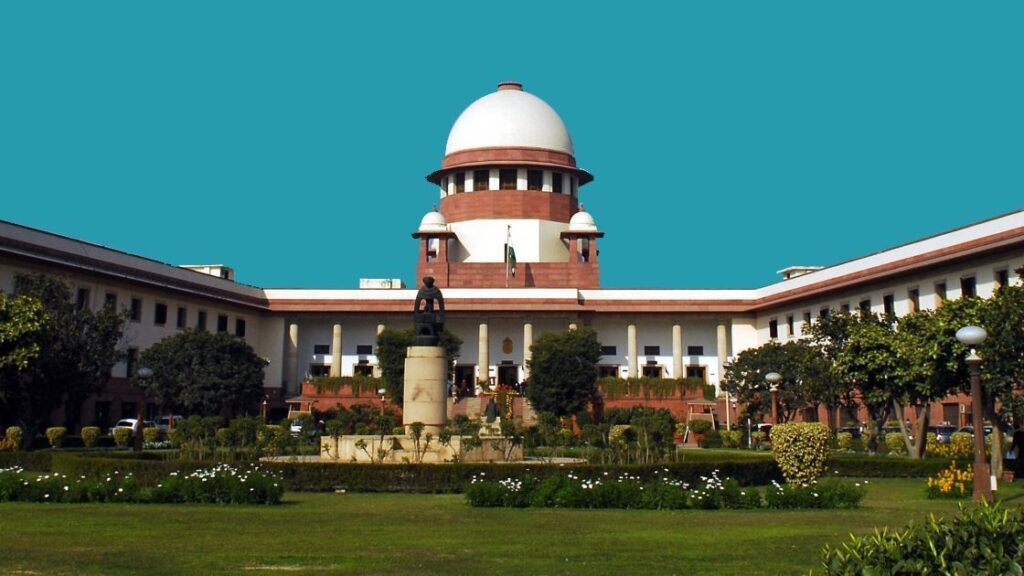
Child’s Genetic Information is part of their Fundamental Right to Privacy: SC
Last Updated on February 25, 2023 by Administrator
The Supreme Court of India has ruled that children cannot be subjected to DNA testing in every case where parents are involved in a dispute over infidelity. The court held that genetic information is personal and intimate, and forms part of a child’s fundamental right to privacy.
Children have the right not to have their legitimacy questioned in a court of law, and should not be regarded as material objects to be subjected to forensic/DNA testing, particularly when they are not parties to the divorce proceeding. The court emphasized that children should not be lost in their search for paternity, and that details of parentage are an attribute of a child’s identity.
The court also highlighted the psychological trauma that children could face if their legitimacy was questioned through DNA tests, and the harm it would cause to the reputation and dignity of the mother if mechanical orders allowing DNA tests were given. Therefore, the court stated that family courts should only direct DNA tests in expedient situations and in the interest of justice as a last resort.
The judgment came in a case where a man had questioned his second child’s paternity and accused his wife of an adulterous relationship. The Supreme Court concluded that no adverse inference could be drawn against the mother for refusing to subject the child to a paternity test. Justice Nagarathna, who authored the judgment, drew attention to the rights of privacy, autonomy, and identity recognized under the United Nations’ Convention on the Rights of the Child, stating that children should not be deprived of their entitlement to influence and understand their sense of self simply by virtue of being children.
“The plight of a child whose paternity and thus his legitimacy, is questioned would sink into a vortex of confusion which can be confounded if courts are not cautious and responsible enough to exercise discretion in a most judicious and cautious manner… Not knowing who one’s father is creates a mental trauma in a child.”
Justice Nagarathna observed
Written By – Ishika Gandhi




